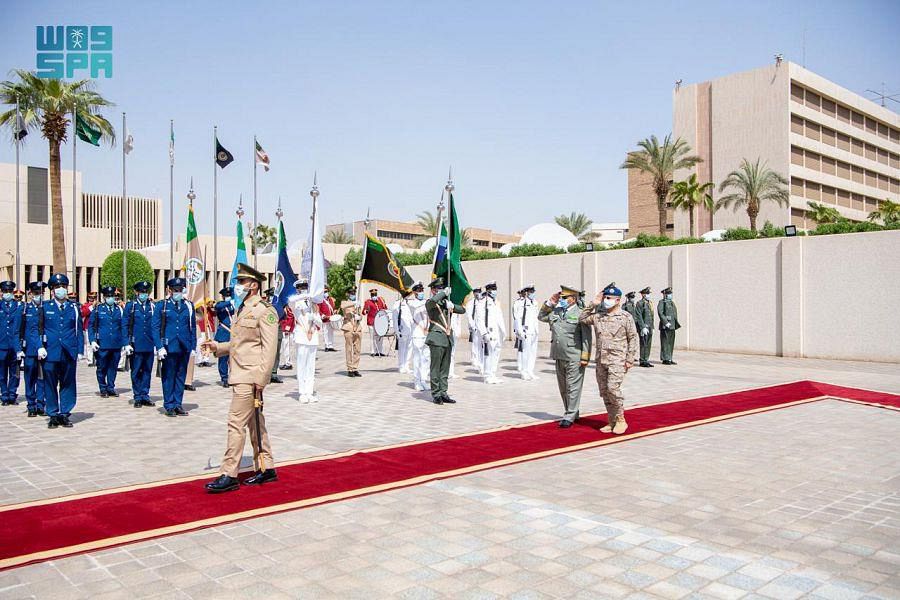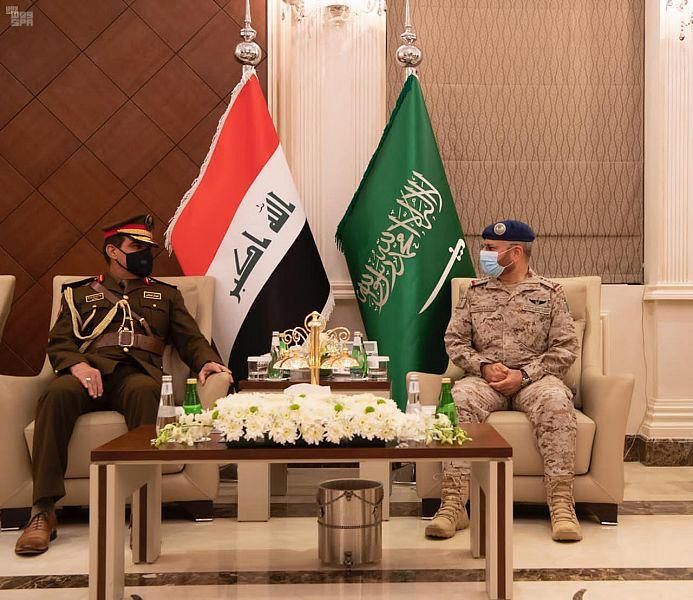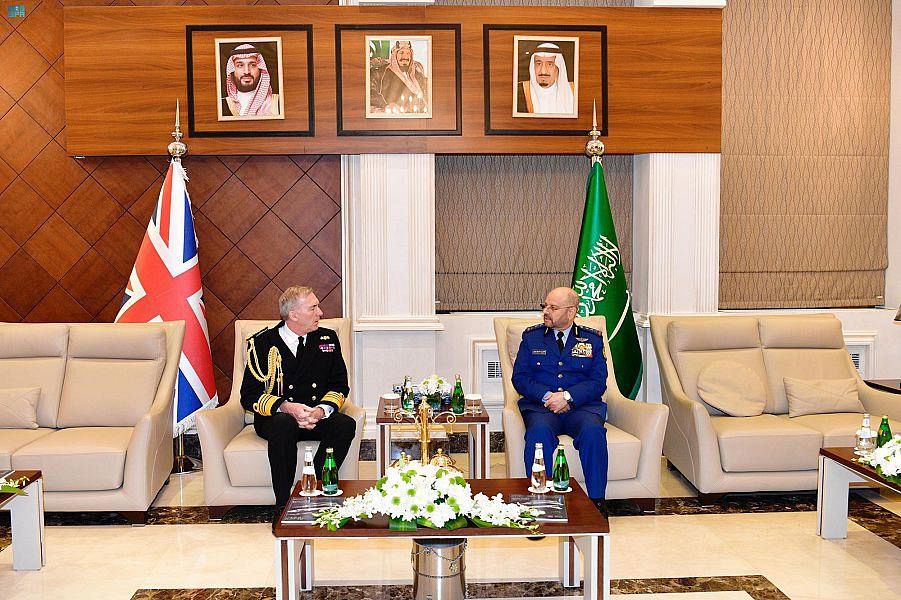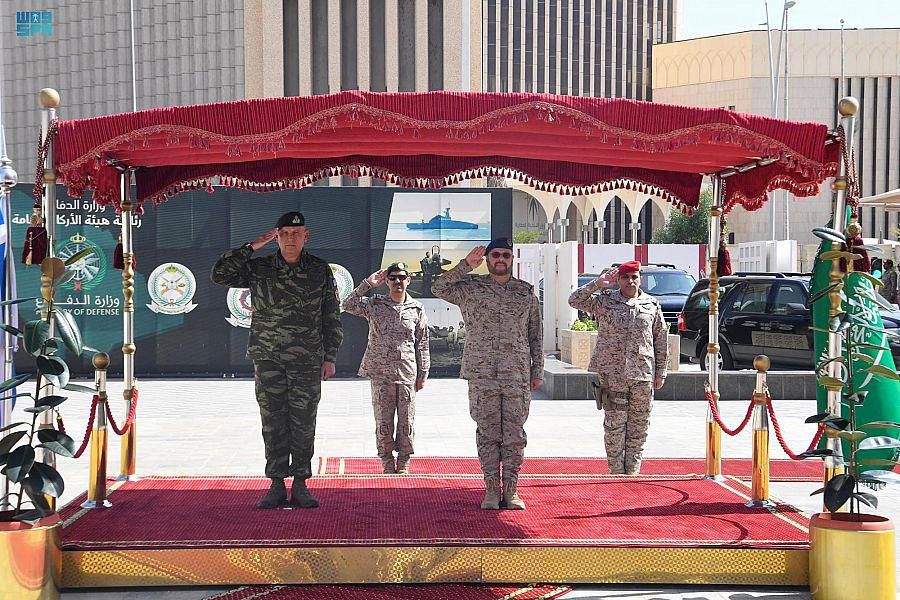
Lt. Gen. Aviv Kochavi took office on Tuesday to become the Israeli armys 22nd Chief of Staff, replacing Gadi Eisenkot.
Kochavi was promoted from major-general at a ceremony held at the military headquarters in Tel Aviv and attended by members of the General Staff, the President, the Prime Minister, a number of ministers and members of parliament and several former senior generals as well as Eisenkot and the families of the two figures.
Kochavi, 55, who holds a master’s degree in public administration from Harvard University, started his military career in 1982 by serving as a soldier. He was gradually promoted in the Paratroopers Brigade until he became its platoon leader.
Afterwards he commanded the 98th Paratroopers Division and the Gaza Division and served later as head of the Operations Division of the Israeli army’s Operations Directorate and the chief of the Israeli Military Intelligence Directorate. Then he was appointed as the commander of the Northern Command.
On May 2017, he was appointed Deputy Chief of the General Staff of the Israeli army, and in October 2018 he became its Chief of Staff.
The former Defense Minister had chosen Kochavi as his candidate to replace Eisenkot unlike Prime Minister Benjamin Netanyahu, who had nominated Maj. Gen. Eyal Zamir.
Therefore, Kochavi’s first challenge will be passing Netanyahu’s test and whether the PM, who also serves as Defense Minister, will cooperate with the new Chief of Staff and respect his privacy.
Analysts indicate that Kochavi would face huge challenges that include thwarting Irans presence in Syria and its efforts to build a force that would launch operations against Israel, as well as stopping the transfer of weapons to Hezbollah without engaging with Russia and without being dragged into a destructive war.
The second challenge is represented by Hamas in the Gaza Strip. According to Israeli analysts, Kochavi has to decide between two options: The movement’s elimination by storming the territory, destroying the groups infrastructure and handing over the enclave to another faction, or "coexisting" with Hamas, which entails maintaining calm with the movement and continuing humanitarian efforts to improve the lives of the population there.
The third challenge is internal amid Israeli preparations for the April 9 elections, which could create unstable political conditions, especially that the Defense portfolio is controlled by Netanyahu, who has been facing investigations in corruption cases that would entail an indictment.
Kochavi’s last challenge is represented by a drop in the enthusiasm of young Israelis to be enlisted in combat units in the army.








